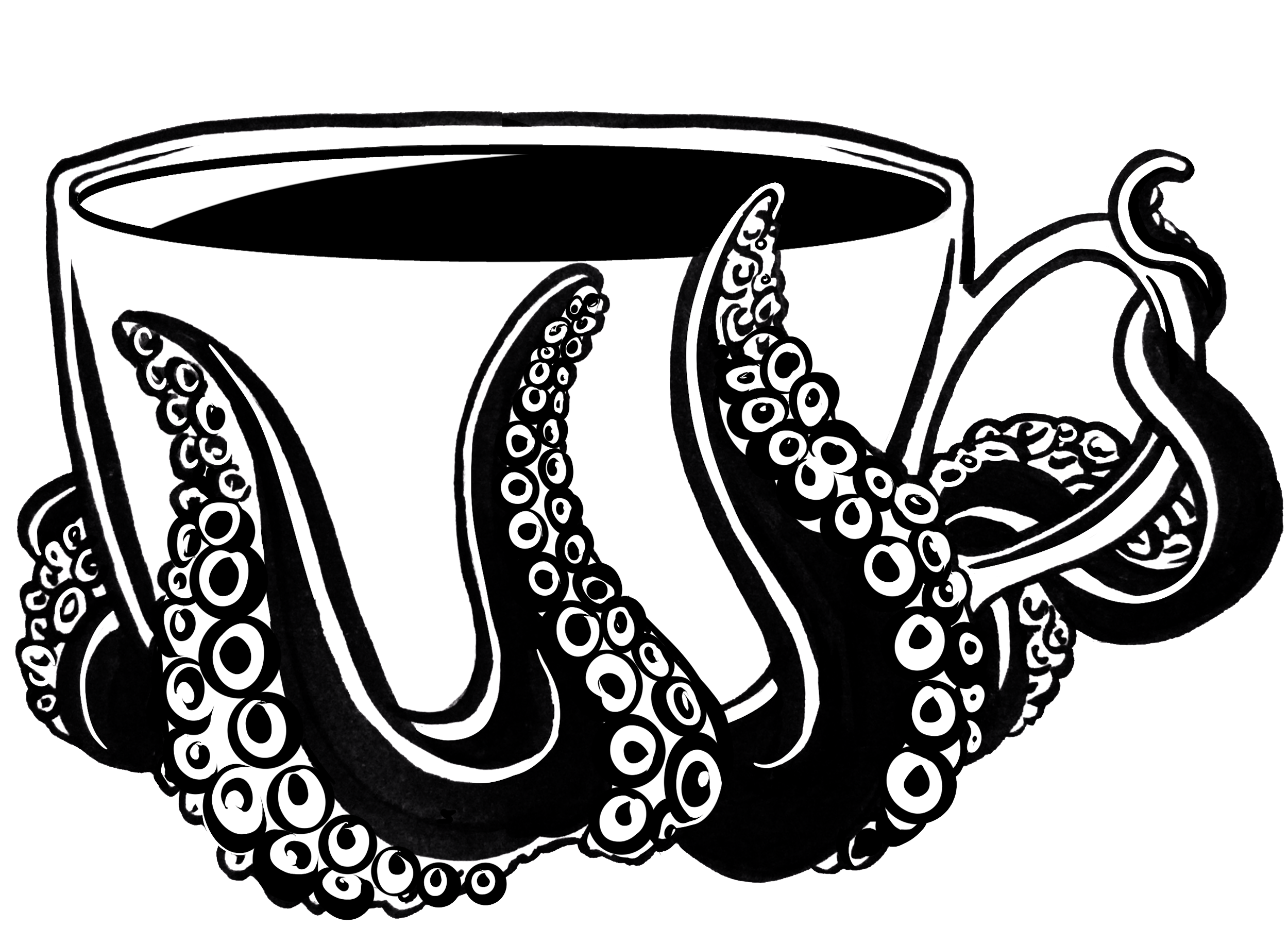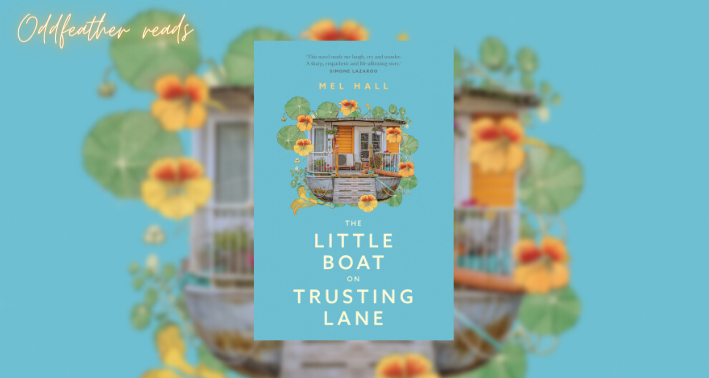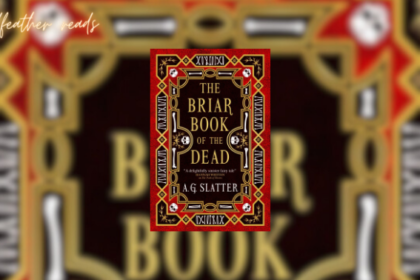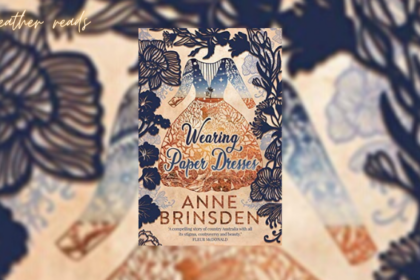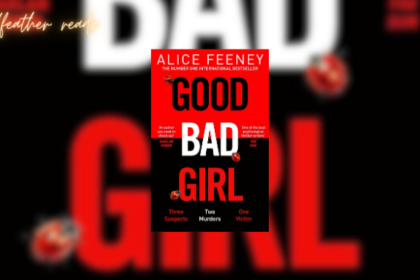The Little Boat on Trusting Lane by Mel Hall is a delightful novel that explores different ways of being, loving and living, all set in and around Fremantle, Western Australia. Richard is a spiritual healer and guru living on a boat in an inherited scrapyard, from which he runs a healing centre and the IEWA (Invisible Exit Wounds Anonymous) circle. August and Finn help Richard in the centre, assisting people to understand and release the ‘deposits’ they have received from spiritual beings, which often manifest as pain throughout the body. Richard has run out of direction, stuck in the past and unable to take care of himself; August is running too hot and too fast, getting lost in thoughts and memories and unable to hold herself together; and Finn feels stoppered, stuck, uncertain and directionless but is beginning to think that she might be fine with that. Into this carefully balanced dysfunction walks Celestiaa Devinaa, an ‘aggressive healer’ that Richard finds on a spiritual dating site. Before any of them can prepare themselves their balance is toppled, all the cracks and leaks that have been poorly patched or ignored springing open at once and sinking the whole lot, much like the land boat that they all gather on.
This is a unique novel, not quite spec fic, not quite literary fiction, but closer to a study of character and place and beliefs about the body and spirit, but without preaching anything in particular either. Regardless of what it can be categorised as, this is a thoroughly enjoyable read, particularly to anyone who has spent time in Fremantle. The culture of its characters live within a particular kind of New Age hippie sub-culture that is unique to that part of the world. Every kind of alternative fad, fashion and food is mentioned, from ear candling to alien experiencers, from sentient foods to activated chakras, from the encroachment of the fifth dimension to Light workers. These characters live and believe all of these alt movements, and they are mentioned throughout the novel with the same normality as ghosts and talking animals in a magical realist work. Mainstream culture tends to be quite harsh in its treatment of people who seek alternative methods of healing themselves – mentally, physically or spiritually – but Hall’s treatment of these practices, and of the characters who engage in them, is never judgmental or pushing the reader for or against them. They are more like a sort of setting or backdrop that Hall has used to explore the mental, physical and spiritual lives of her characters, burrowing deep into their thoughts and memories, their fears and hopes for the future, and not shying away from difficult issues such as chronic pain, grief, despair, and mental illness.
In much the same way that spirituality is difficult to pin down or explain except through shared experiences, Hall’s novel is difficult to define until you read it. The lack of judgment and thorough acceptance each character has for their various spiritual proclivities is refreshing and distinctive, a soothing balm to the cutting opinions and hyper-regulated culture of the media and internet.
I was provided a free copy of this book by the publisher in return for an honest review.
